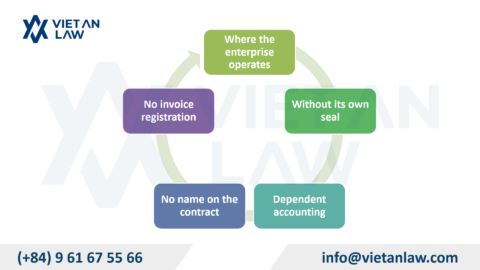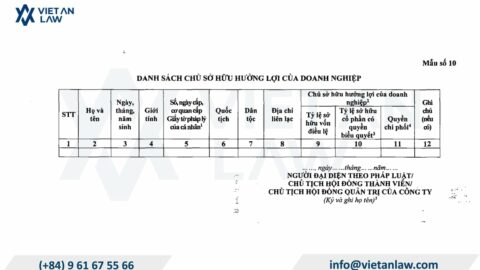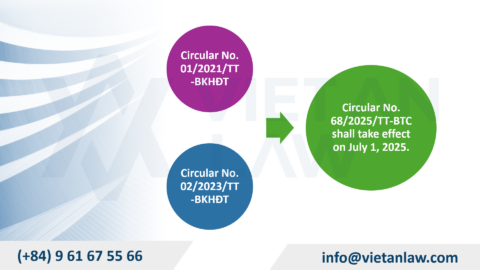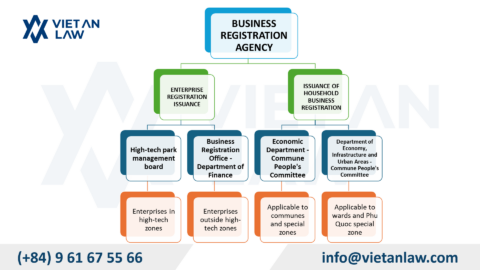Currently, according to legal regulations, employees who work overtime to complete their tasks are entitled to additional payment for the overtime hours by the employer. However, many companies still fail to comply with the labor law provisions. At the same time, many employees are not aware of their entitlement to overtime pay. In the article below, Viet An Law Firm will provide clients with information about overtime pay regulations for workers in Vietnam.
Table of contents
According to Article 107 of the Labor Code 2019, overtime work is the duration of work performed at any other time than during normal working hours, as indicated in the law, collective bargaining agreement, or internal labor regulations of an employer.
Employers are only permitted to utilize employees for overtime work when all the conditions specified in Clause 2, Article 107 of the 2019 Labor Code are met, which are:
Therefore, employers cannot force employees to work overtime; the employee’s consent is required. Specifically, according to the provisions of Article 59 of Decree 145/2020/ND-CP, employers must obtain the employee’s agreement on the following contents:
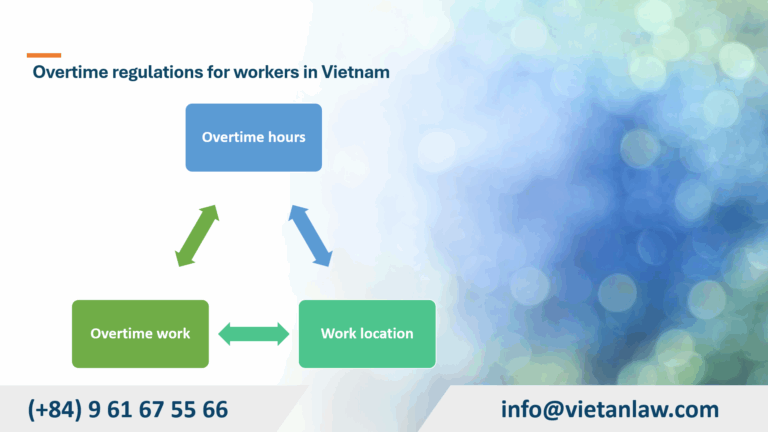
An employee’s overtime work will be limited. This is to ensure the employee’s health and help them balance work and life, allowing time for recovery and improved work productivity.
According to the provisions of Article 60 of Decree 145/2020/ND-CP, the number of overtime hours for employees is limited as follows:
The total overtime must not exceed 50% of normal working hours in 01 days if the overtime occurs within a normal working day. In case the employer has regulations on weekly normal working hours, the normal working hours plus overtime must not exceed 12 hours in 01 days.
In case of part-time employment, the normal working hours plus overtime hours must not exceed 12 hours in 01 day.
The total overtime hours must not exceed 12 hours a day during public holidays and weekly days off.
Note that break times will be deducted when calculating the total number of overtime hours in a month. In other words, an employee’s break time will not be counted as overtime working hours.
In this case, we will divide it into two smaller cases:
Firstly, for employees paid on a time-based salary
Under the provisions of Clause 1, Article 55 of Decree 145/2020/NĐ-CP, an employee receiving time-based salaries will receive overtime pay for working outside of the normal working hours shall be calculated as follows:
| Overtime pay | = | Hourly salary in a normal working day | x | At least 150% or 200%, or 300% | x | Overtime hours |
Employees paid on a piece-rate salary
Employees receiving piece rate pay will receive overtime pay for working outside of the normal working hours to increase the quantity or volume of products according to the productivity norms under agreement with the employer. Overtime pay will be calculated as follows:
| Overtime pay | = | Piece rate in a normal working day (normal piece rate) | x | At least 150% or 200%, or 300% | x | Additional quantity of products |
Additionally, employees who work overtime during public holidays that are also weekly breaks will receive overtime pay for working during public holidays.
According to the current regulations in Clause 1, Article 98 of the Labor Code 2019, the salary for working on holidays or the Lunar New Year (Tet) is at least 300% of the daily salary.
In the event that an employee works overtime on a compensatory rest day when a holiday or Tet coincides with a weekly rest day, the employee will be paid overtime at the weekly rest day rate, which is at least 200% of the daily working salary.
Employees paid on a time-based salaries
Pursuant to the provisions of Article 57 of Decree 145/2020/NĐ-CP, employees who work overtime at night will receive overtime pay as follows:
| Night overtime pay | = | Normal hourly salary | x | At least 150% or 200% or 300% | + | Normal hourly salary | x | At least 30% | + | 20% | x | Daytime hourly salary of a normal working day, during weekly breaks, public holidays or paid leave | x | Extra night work hours |
Employees paid on a piece-rate salaries
Similarly to overtime work outside of normal working hours, when an employee works at night, their overtime pay is also calculated based on the number of products they produce:
| Night overtime pay | = | Normal piece rate | x | At least 150% or 200% or 300% | + | Normal piece rate | x | At least 30% | + | 20% | x | Daytime piece rate of a normal working day, during weekly breaks, public holidays or paid leave | x | Quantity of extra products during night work |
Note: Due to the special nature of night overtime work, employees working overtime at night are entitled to an additional 20% of the wage calculated based on the unit wage or the wage of the work performed during the daytime of a regular working day, weekly rest day, or public holiday/Tet/paid leave day.
Above is the advice of Viet An Law on the issue of overtime pay regulations for workers in Vietnam. Clients who have related questions or need legal support about overtime pay regulations for workers in Vietnam, please contact Viet An Law Firm for the best support!
